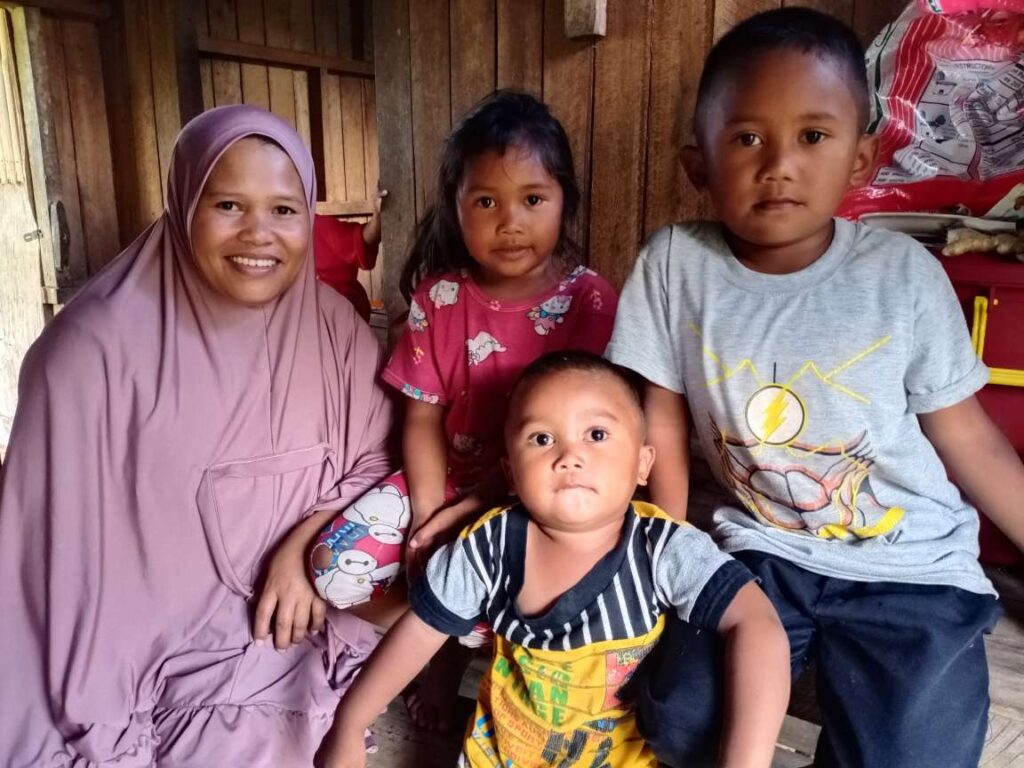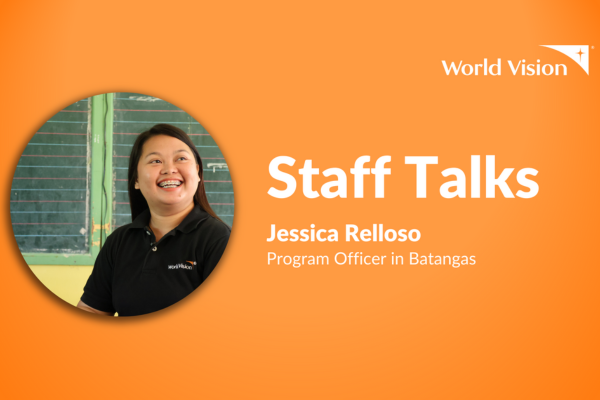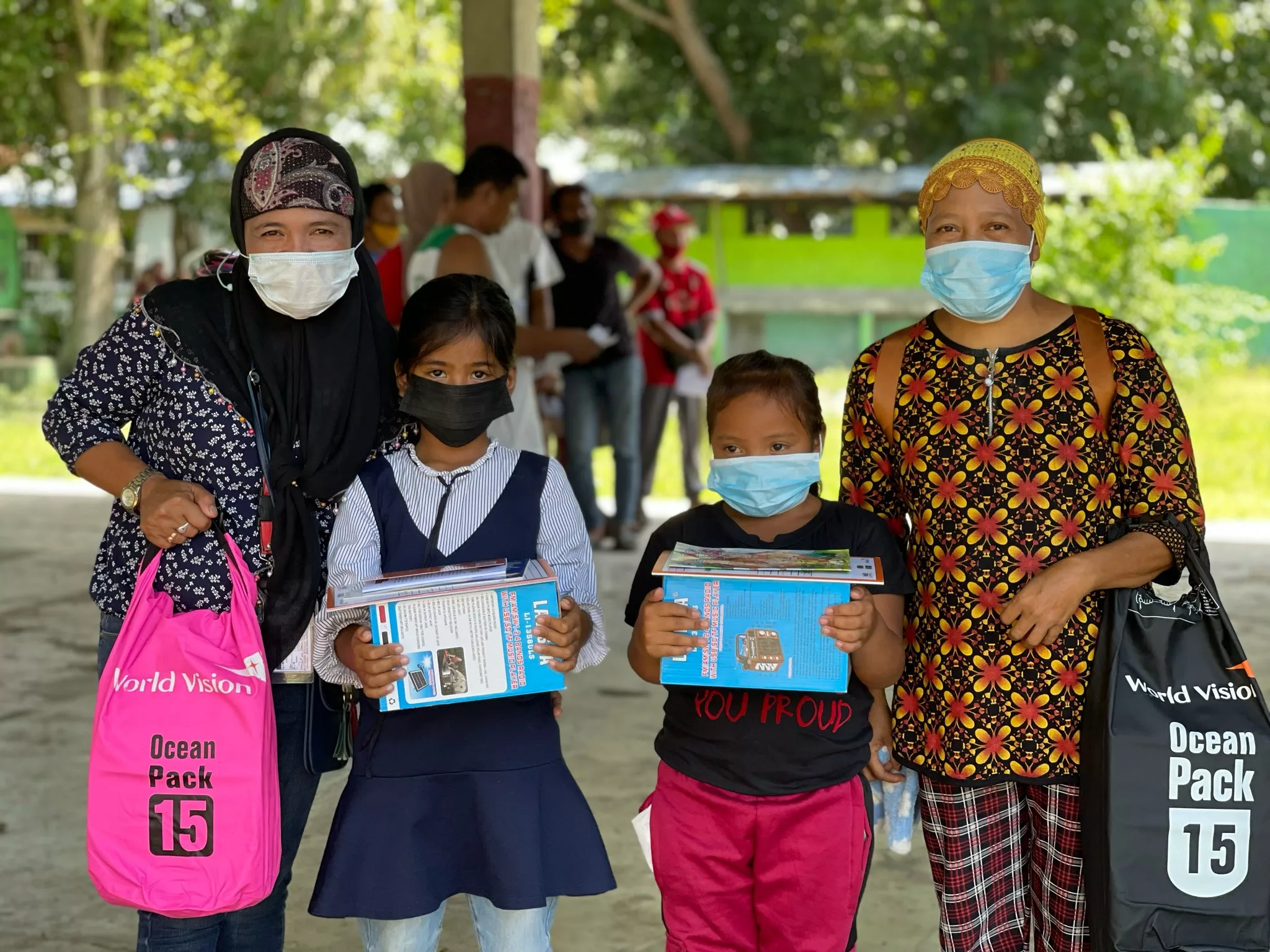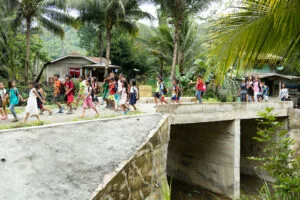Young parents struggle to keep children healthy

A small family from a rural village in the outskirts of Marawi City lives off by selling vegetable and crops. But ironically, they struggle in maintaining a healthy diet.
Monaisah is a 27-year-old mother. Her husband, Alinor, is three years younger. The young couple has three kids – Mohammad, Noryasmin, and Marjan. They are also deciding what to name their fourth child whom they are expecting.
The family lives in a humble abode made mostly of wooden materials – some are already old and dilapidated. They use tarpaulin and some sacks sewn together to cover a part of their wall. They use bamboo as their flooring which provides a natural coolness inside their home. Their roof, made of galvanized steel, is also aging.
Alinor only knows farming as a way to earn. He grows vegetables and crops such as squash and corn. He earns most from corn but the income only comes every four months. Monaisah eventually saved a portion of their quarterly earning and put up a small variety store.
The months between the planting and harvest season is when the family’s resilience is tested. With the store not profiting enough, Monaisah and Alinor are scrapping the end of the barrel to provide the basic needs of their children.
“During the low season, we would borrow cash or food like a sack of rice from our relatives, and we would just pay them during harvest season,” shares Monaisah. “For our viand, we rarely have livestock products such as chicken, egg, and milk, and fruits, because we can’t afford it. We mostly eat the vegetables we grow, and, palapa,” the mother added, pointing out the popular sweet and spicy condiment made of various spices and grated coconut as their go-to meal.
The mother also indicated that there was a time when food was really limited that she and her husband didn’t eat so that there would be enough for the children.
This limited access to food results to a poor health and nutrition for the three children. Monaisah is also worried about her pregnancy.
To protect the family from illnesses, Monaisah knows better that her children are not healthy enough to fight common sicknesses so she makes use of the free health check-up and vaccines provided in the city health office. Though it is far from their home, she makes sure to bring her children there regularly. She also relies on herbal medicine to relieve mild discomforts.
Thankfully, the family will no longer travel far and spend for transportation because a nearby government health center is being constructed.
During this pandemic, Monaisah explained that living in a rural area, far from the busy spots of the city, is an advantage, because there is lesser traffic of people which means lesser risk of spreading the COVID-19 virus.
With all the challenges around — poverty, pandemic, Monaisah remains optimistic. “I dream for my children to finish their studies so that they will no longer experience the hardships in life,” she shares. “It may seem impossible but my husband and I will work harder for that to happen.”








